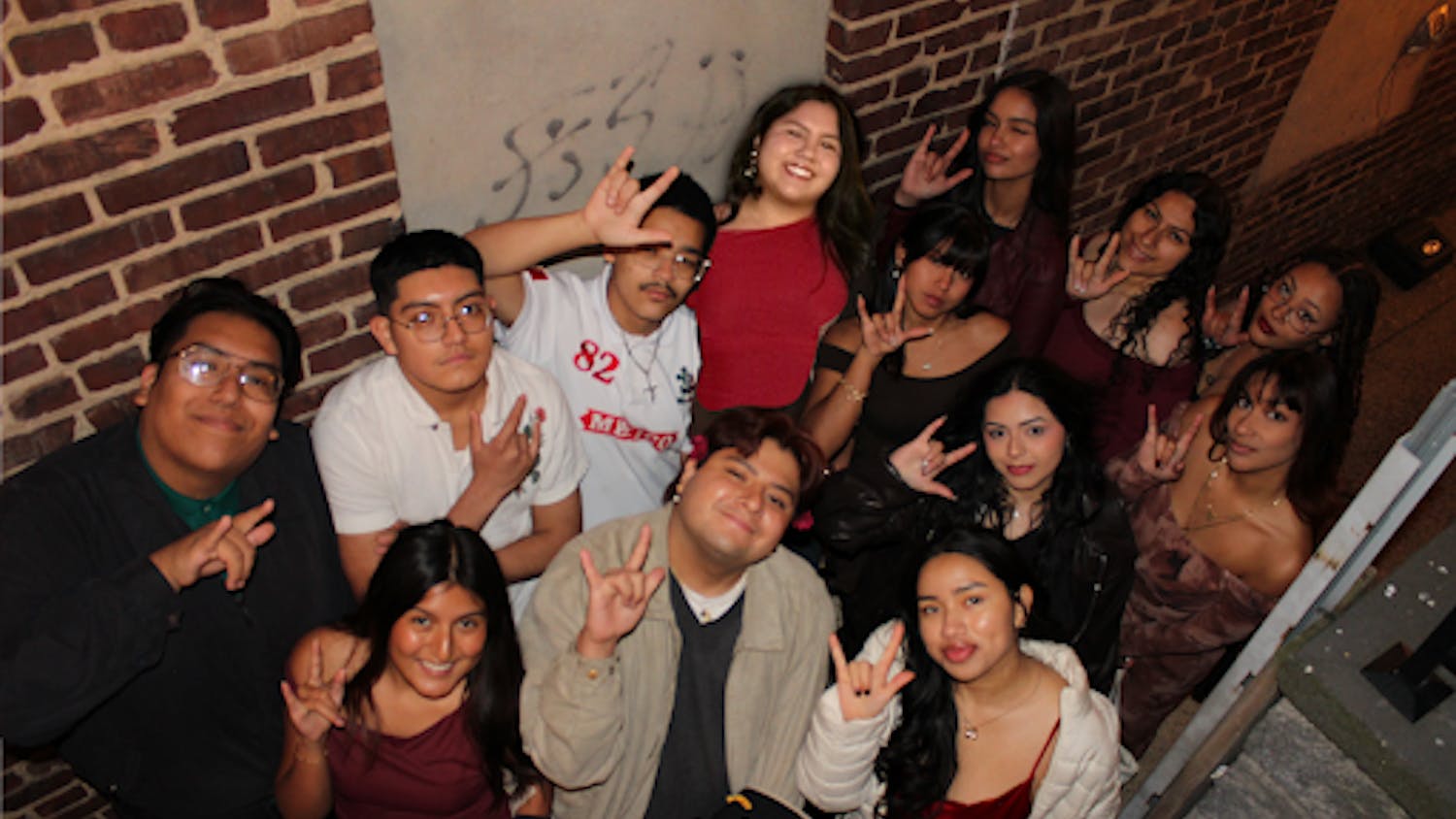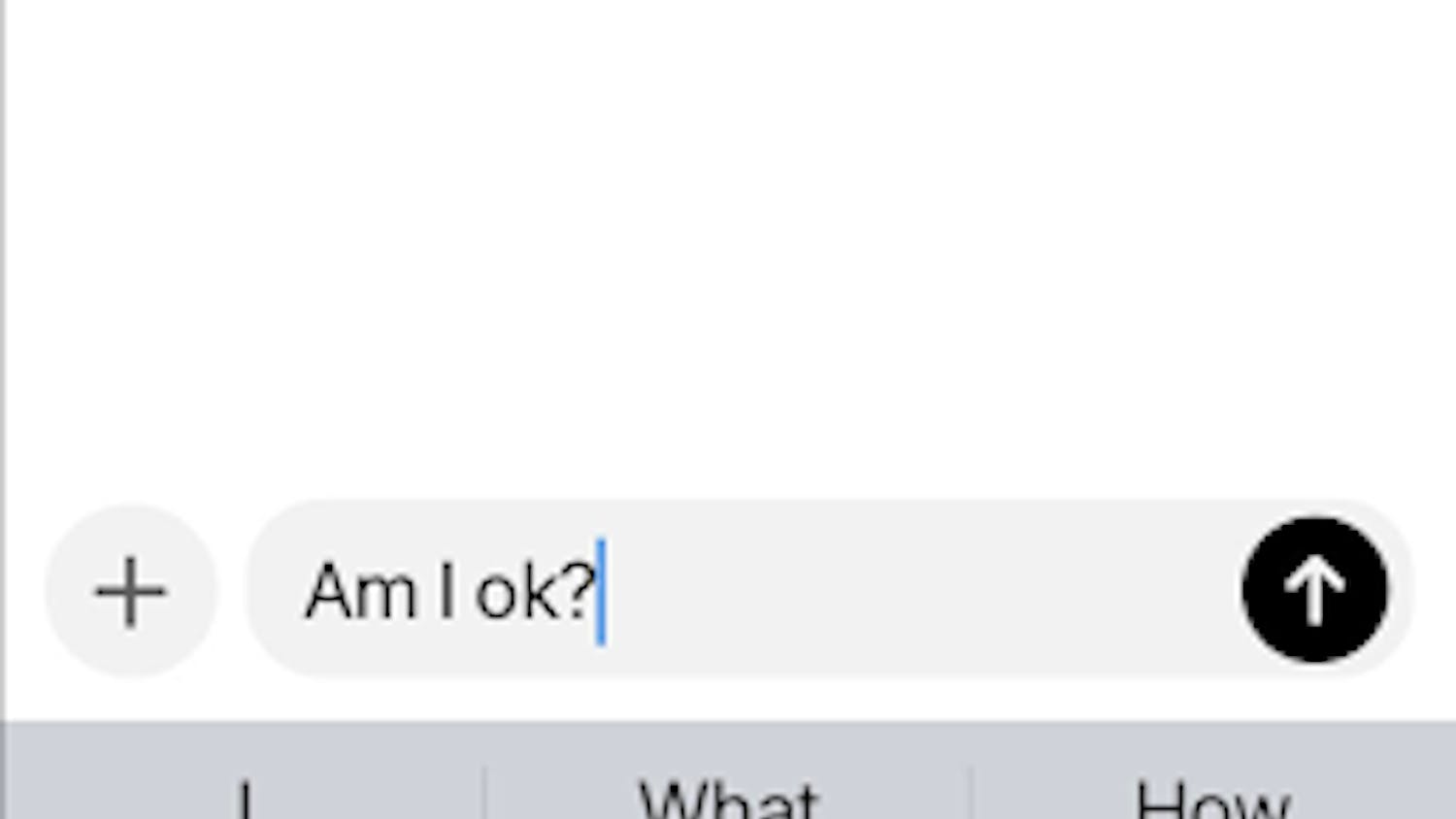Dear Kayy,
I am a foreign exchange student and I'm not used to this environment and the culture of America. My parents have told me that when boys and girls get together, things happen. They never told me what kind of things they were talking about and none of my new friends want to explain because they don't take me seriously. Can you please tell me what things happen?
Confused Indian
Dear Confused Indian,
I want to start off by saying that I am by no means criticizing your parents or your culture - in fact, I have a lot to say about American culture as well. I'm not an expert on India but I do know a lot about what it's like to grow up in America.
The truth is that since a lot of parents in America are immigrants or only second or third generation American-born citizens, they take cues from how their more conservative home countries address issues like sex and sexuality. Many parents here, some religious and some not, have been socialized in American culture for centuries and still refuse to inform their children about the realities of sex. So you can't really blame your parents for your lack of information, as many other adults make the same decision to not inform their kids.
The answer to your question, what these things are that happen when boys and girls get together, is rather simple. Those things are anything from kissing, to "hooking-up" (what our generation has termed anything from fondling to oral sex), to sex/intercourse. I'm sure your parents would gasp at this comment - but keep in mind that sometimes when boys and boys get together or girls and girls get together these "things" happen as well.
The implications of your confusion are much more complicated. I don't know what kind of sexual health information was given to you in India, or if schools even mentioned these words at all.
I know that my own sex education was decent but lacking in certain areas, covering topics from masturbation (only in terms of males partaking), sexual violence (only in terms of women being victims) and all of the different diseases out there and how to avoid them (from condoms to abstinence).
The way it works in our country, with this administration, is that "abstinence-only" education, in which completely abstaining from all types of sex is presented as the only way to avoid pregnancy and disease and where contraception is not even discussed, is given priority. Schools that offer these programs get all sorts of tax breaks and incentives, keeping people in the dark about their own bodies, feelings, desires and realities - not to mention all of the private or religion-based schools that can teach whatever the hell they want.
In American culture, sex is quite literally everywhere. A person of any age can view television programs that leave very little to the imagination of how sex happens, or music videos where grinding, half-naked bodies are the norm. R-rated movies that almost earned NC-17 status due to sexual violence or nudity are targeted to young teens.
So from a very young age, we are aroused by images we don't and "shouldn't" understand, and it is not explained to us at all. We are socialized into thinking things like sex will make us sexy, sex will make us well-liked, and sex in general is a good and popular thing to do.
Meanwhile, virtually no repercussions are shown, safe sex is seen as boring and not worth filming and all we see are gyrating bodies. We're not told how sex actually occurs, what goes where and how it feels.
So why is this dangerous? Because we are pumped with all these images and soundbites, but are given no realistic sexual health information. That's where parents should come in, according to some abstinence-only advocates. They claim that sex should not be in the schools and that parents can inform their children however they want. Unfortunately, most parents feel uncomfortable with these topics and won't tell their kids.
So what do we do? We fumble awkwardly in the dark, trying desperately for our minds to catch up with our bodies. Biologically, we can (and often want to) have sex much earlier than seen as socially acceptable.
I'm not advocating that children have sex at a young age or that we show them descriptive pornographic materials. But the fact of the matter is, we start having sexual feelings much earlier than they are explained to us, which leads to a lot of confusion.
Sex is often addressed in terms of unwanted pregnancy or deviance, rather than something to be enjoyed in a healthy way. We are not told anything about non-penetrative sex, the female orgasm, romance or how to handle relationship issues. Sex is a dangerous, risky and exciting thing for young people who don't know the first thing about it.
These are literally matters of life and death. At the end of 2003, there were almost 1.2 million people living with HIV in America, with more than a quarter of them not even knowing. I checked out the stats in India, which told me that 5.7 million people were living with HIV in 2005.
Being uninformed and too embarrassed about our bodies makes us less likely to be assertive in sexual situations - asking our partner to use a condom or being able to buy condoms from our local grocery store. This makes us more at risk for disease.
This was certainly a very long answer to a short question, but sex is never a simple thing. I hope I didn't confuse you any more and I've led you in the right direction. For those of my readers who know from experience what these "things" are that happen between two sexually attracted people, I hope I got you to think about the implications of teaching ourselves and others the dangers and pleasures of sex.
Ciao!
Kayy






